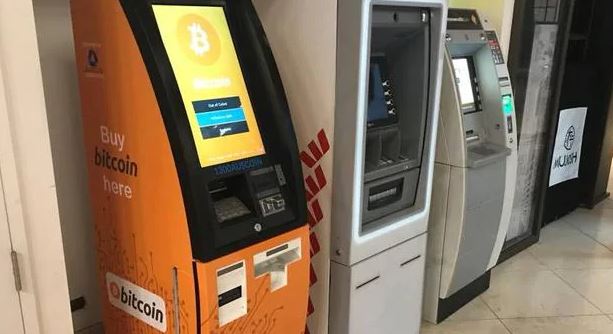In an unexpected decision, the UK’s Financial Conduct Authority (FCA) has determined that all active cryptocurrency ATMs in its territory are operating illegally and will need to close in the short term. These machines resemble any conventional ATM, although they differ by the fact that they allow you to buy cryptocurrencies using bank cards.
Although there are dozens of these machines in British territory, none of the companies that operate them has a license to carry out this kind of operations with cryptocurrency, so the FCA ordered their closure, in addition to ensuring that measures will be taken against those who do not comply with the decision.

“We regularly warn consumers that digital assets are unregulated and high-risk, so it is very unlikely that people will have any protection if something goes wrong with the operators of these services; people should be prepared to lose all their money if they decide to invest in cryptocurrency.” There are currently a total of 81 cryptocurrency ATMs in the UK.
A few months ago, the FCA began publishing and updating a list of companies allegedly involved in the operation of cryptocurrency ATMs and that have not registered their businesses with regulatory authorities. Since then, 110 companies involved in digital asset transactions have ceased operations in the UK.
While its decentralized nature and the absence of government regulation are the most attractive features of cryptocurrencies, threat actors have been able to take advantage of this technology, deploying multiple fraudulent campaigns that only represent millions of dollars in losses for unsuspecting users around the world. Given this, governments, specialists and investors recommend enthusiasts to take all necessary precautions to mitigate the risk of electronic fraud and make safe investments.
To learn more about information security risks, malware variants, vulnerabilities and information technologies, feel free to access the International Institute of Cyber Security (IICS) websites.
He is a cyber security and malware researcher. He studied Computer Science and started working as a cyber security analyst in 2006. He is actively working as an cyber security investigator. He also worked for different security companies. His everyday job includes researching about new cyber security incidents. Also he has deep level of knowledge in enterprise security implementation.
